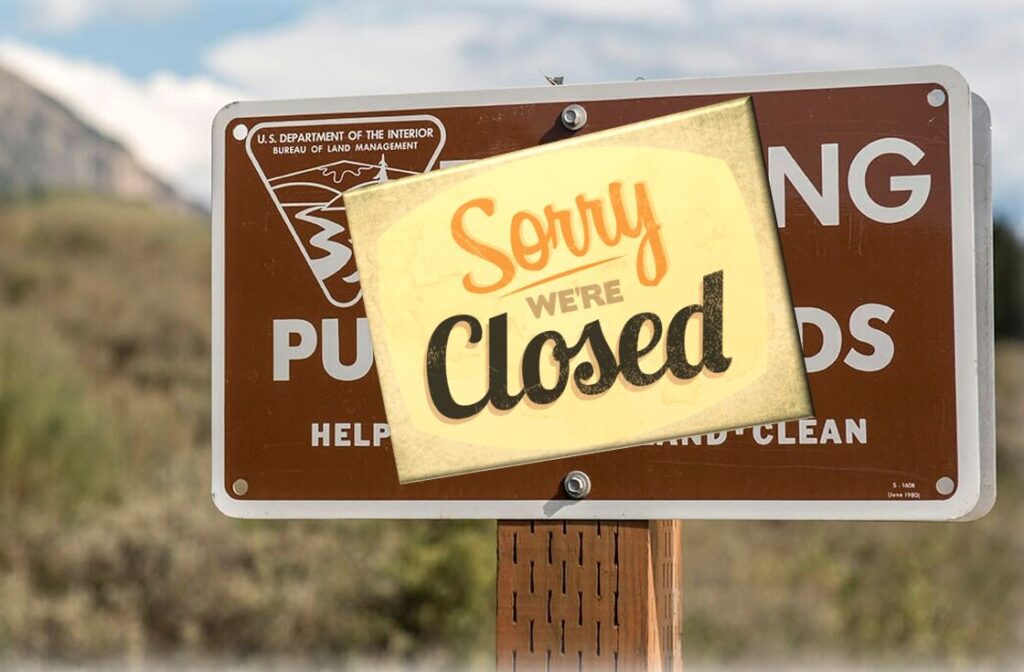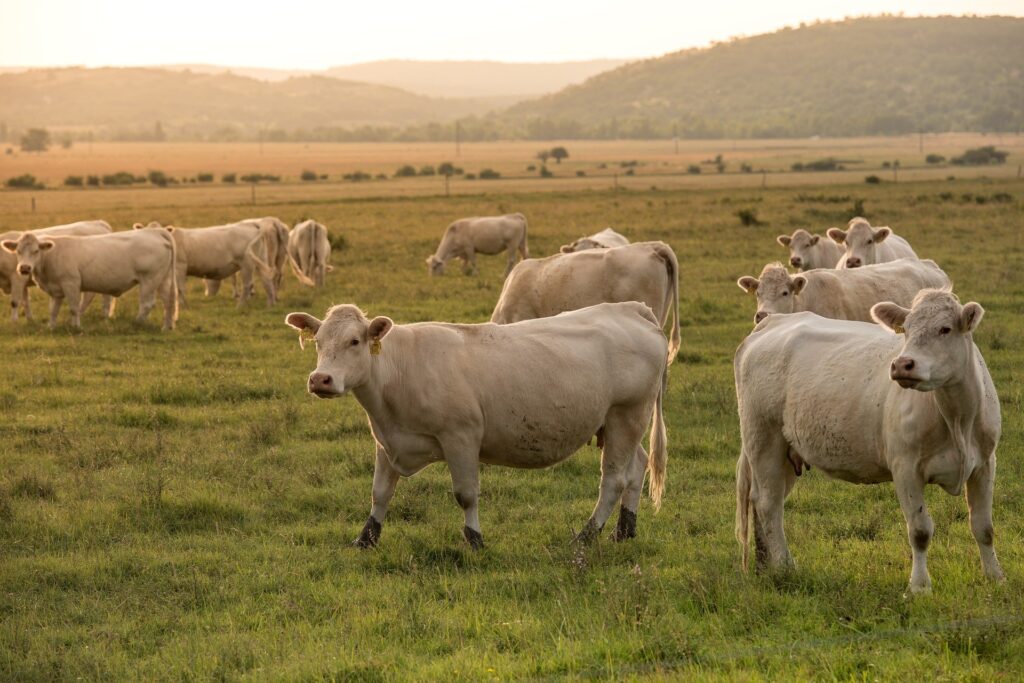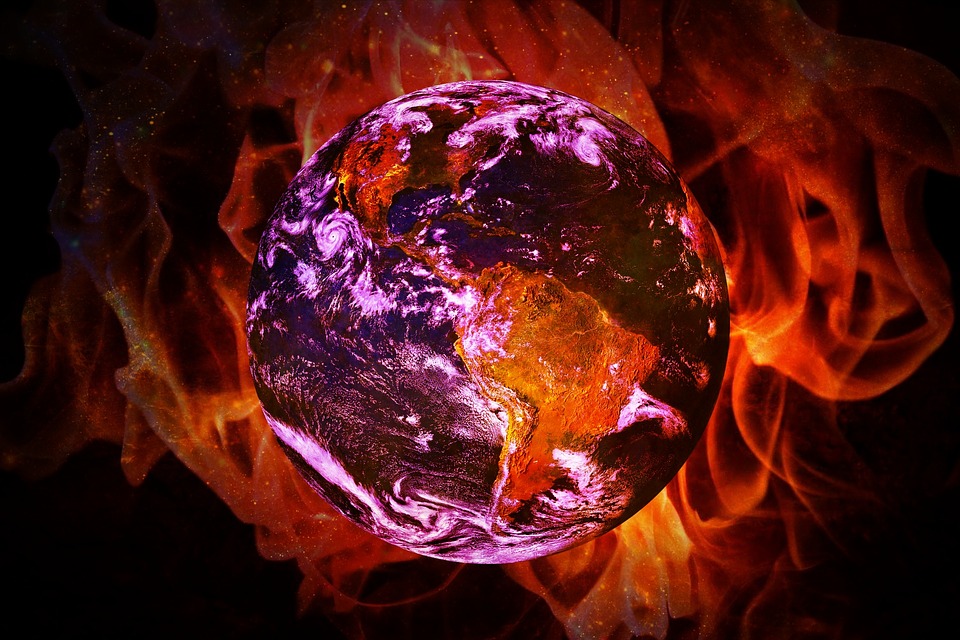John Mac Ghilonn
Compact Magazine
The Elite War on Farmers
The United Nations believes that a food catastrophe looms around the corner. A report published this month by the World Food Program, the UN agricultural agency, warns that by the end of the decade, 670 million people, roughly 8 percent of the human population, will struggle to feed themselves. Which raises the question: Why are governments increasingly hindering the work of farmers, the group responsible for feeding the world?
Eighty years ago, in my country of Ireland, then-Agriculture Minister James Ryan signed into effect the compulsory tillage scheme. Amid the supply crises precipitated by World War II, the scheme barred farmers from using their land for any other purpose than the cultivation of wheat and other crops. The intervention enraged farmers. The ruling meant dairy farmers were prevented from using their land to feed cows for milking, and beef farmers were prevented from raising cattle for the country’s meat factories. Similarly, pig and sheep farmers couldn’t use land to feed and fatten up their animals. Farmers who refused to submit to the new law or failed their mandatory quotas had their lands seized by the state.
Fast-forward to today, and Irish farmers are again being threatened. Cut back on emissions, they are being warned, or face as-yet-unspecified consequences. Irish farmers are far from alone. Around the world, from County Carlow to California, farmers are being ordered not to work. But aren’t we in the midst of an “everything crisis,” with shortages of bread, meat, and dairy products dogging consumers, especially the poor and working classes?
In the Netherlands, tens of thousands of farmers have been demonstrating for weeks. They object to the Dutch government’s new plans to drastically reduce nitrogen emissions. The human costs of the new green diktats are grave. Known for its tulips, windmills, and canals, the Netherlands is also the European Union’s largest exporter of meat and is home to some 1.5 million dairy cows and calves. The emissions reductions demanded by the government would mean slashing the number of cattle, chickens, and pigs by at least 30 percent.
As I write, farmers are clashing with police in the streets. Things have become increasingly heated, with Dutch police firing shots at tractor-riding farmers. Security forces insist that they fired shots in response to a “threatening situation.” Of course, the farmers could say that they, too, are facing a threat—one that imperils not only their own livelihoods, but the ability of millions of Europeans to put food on the table.





Comments
Comments are closed.